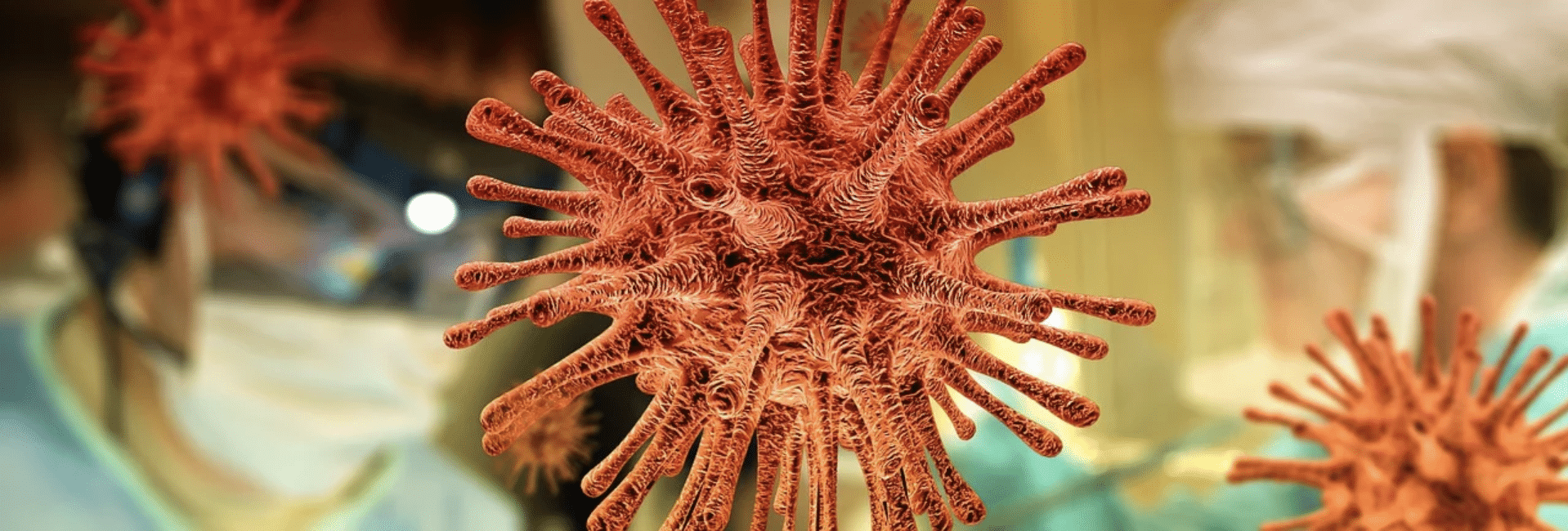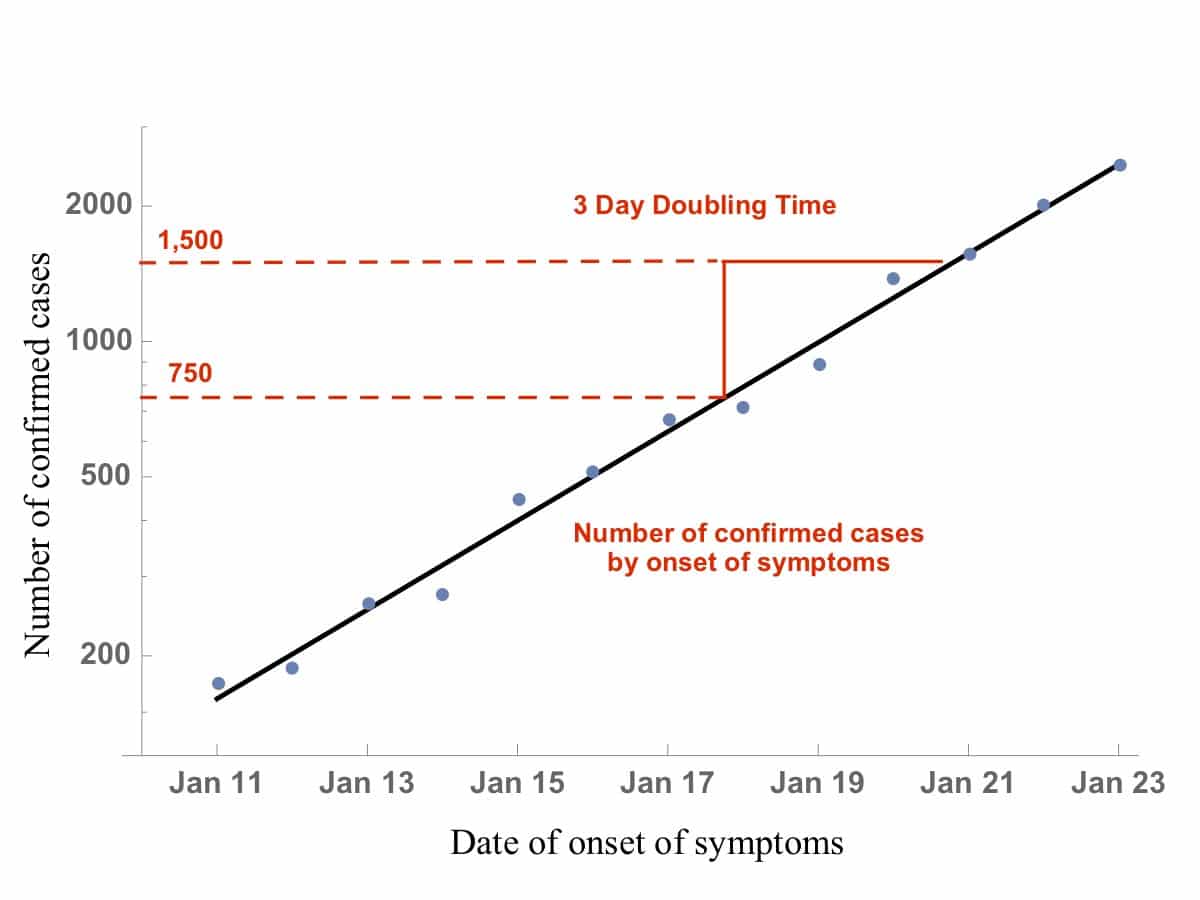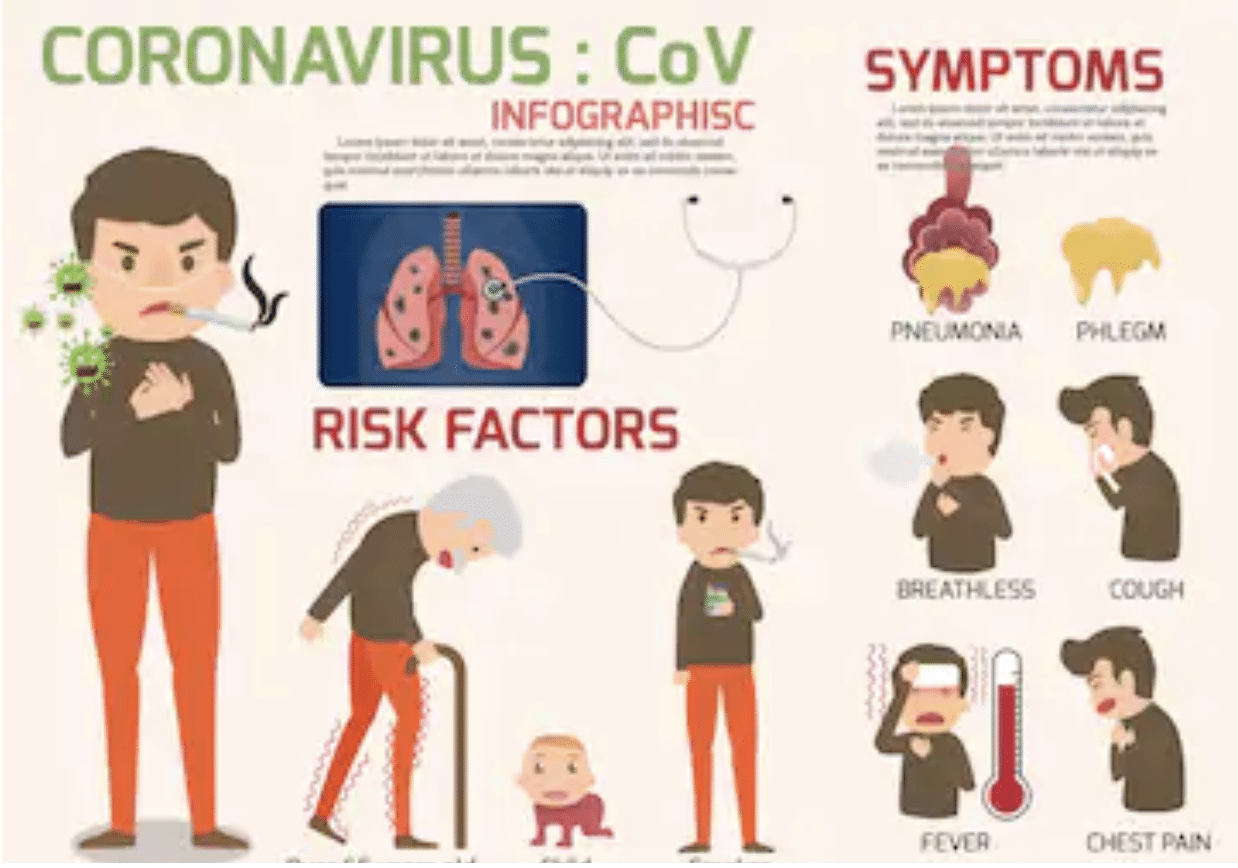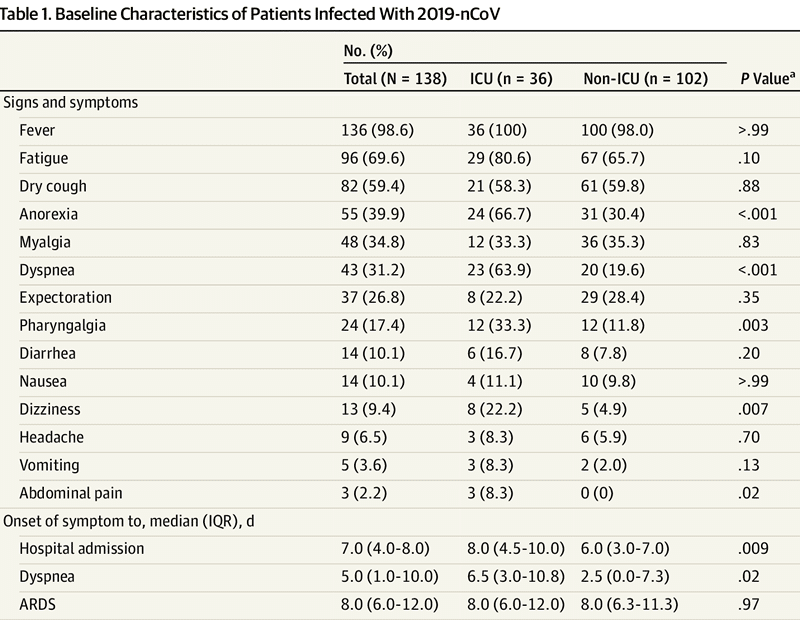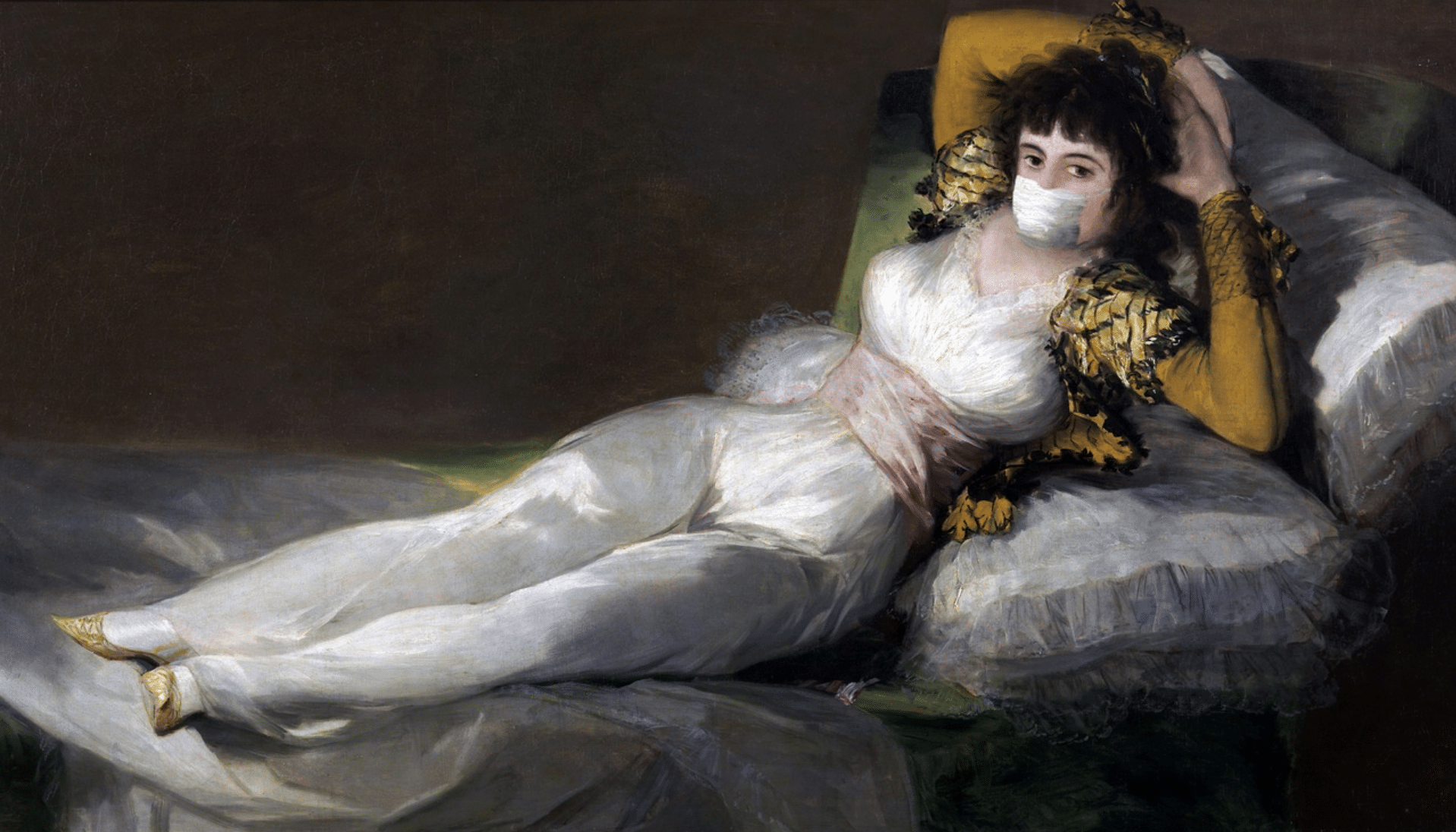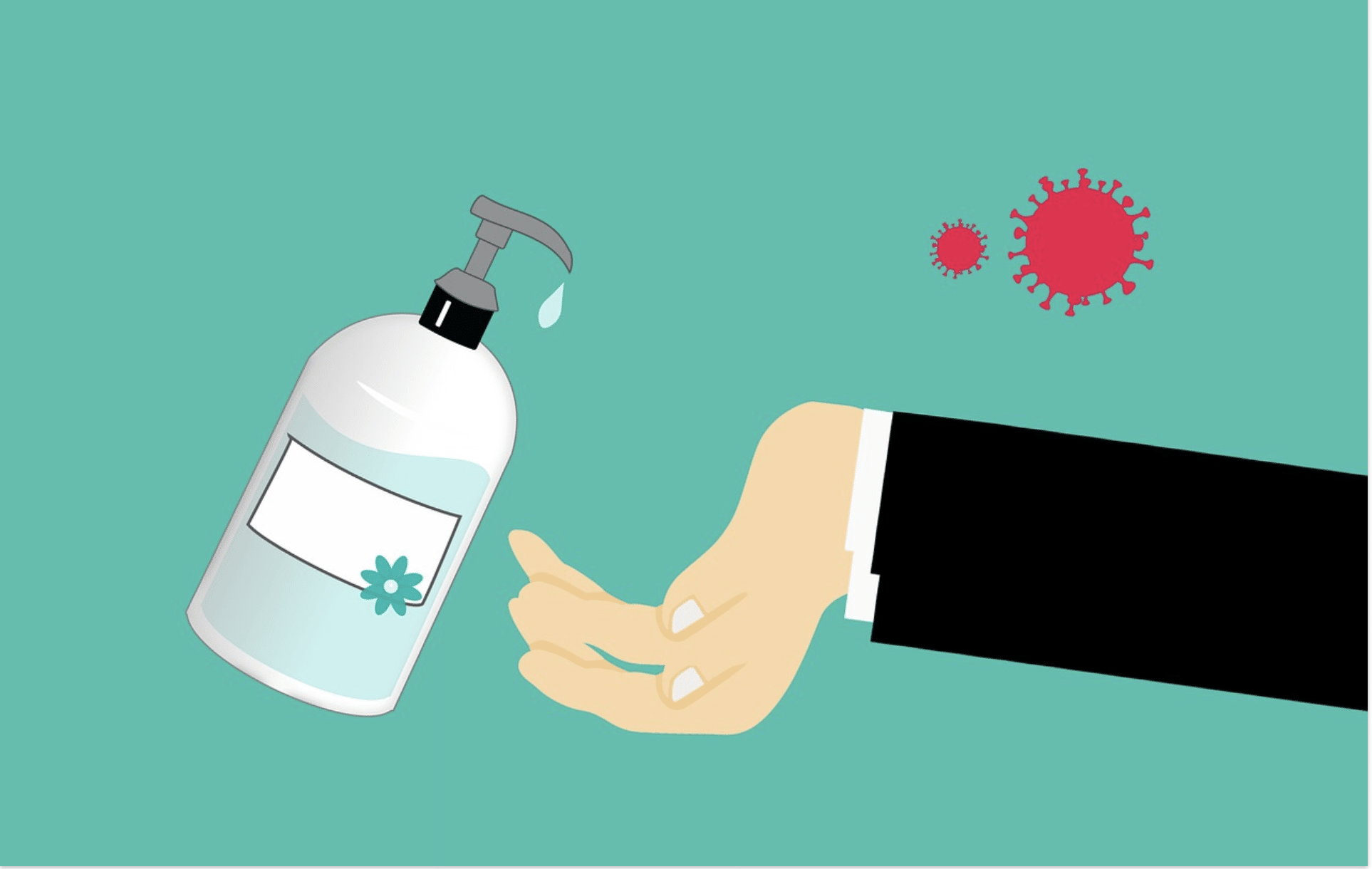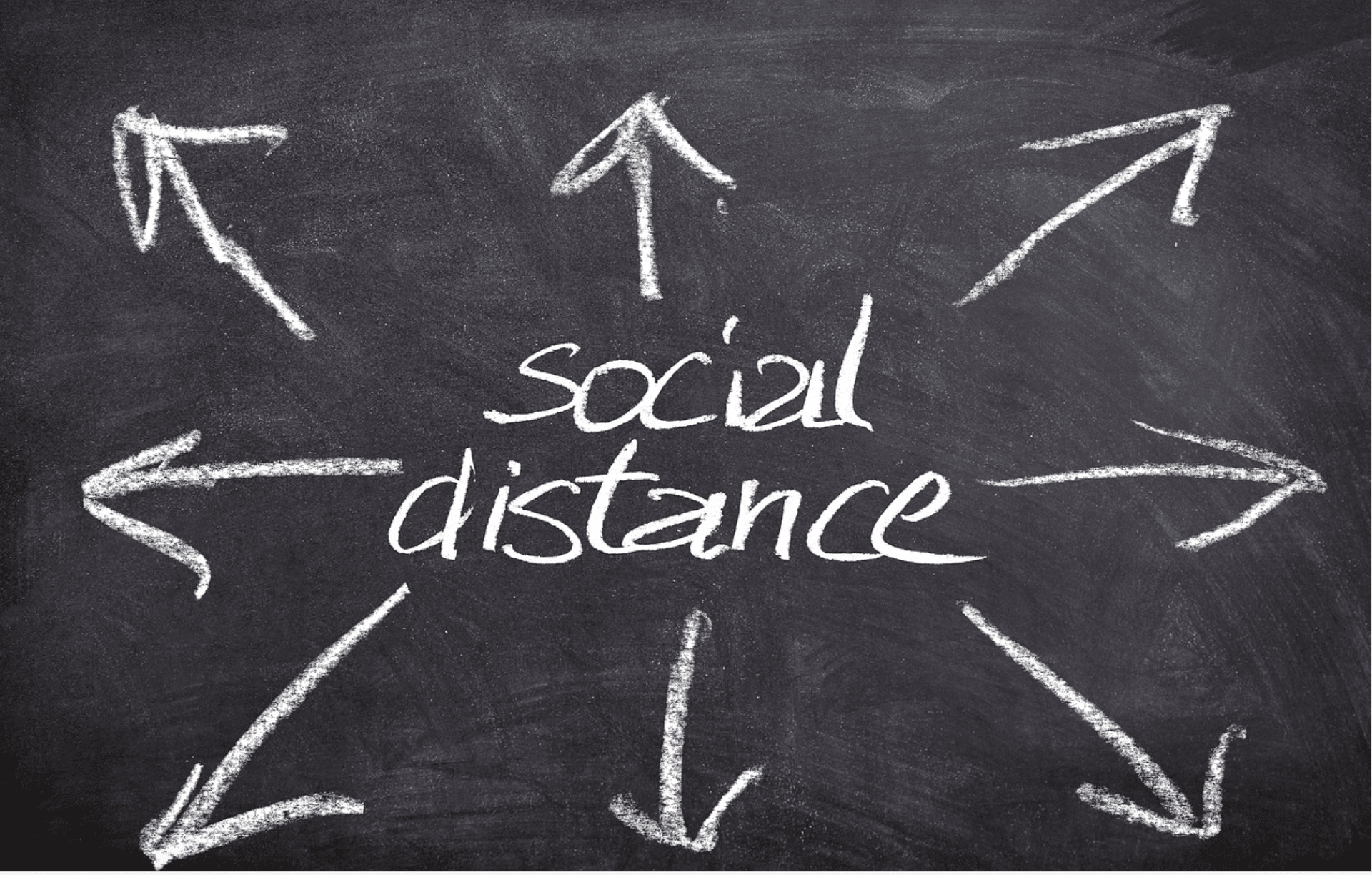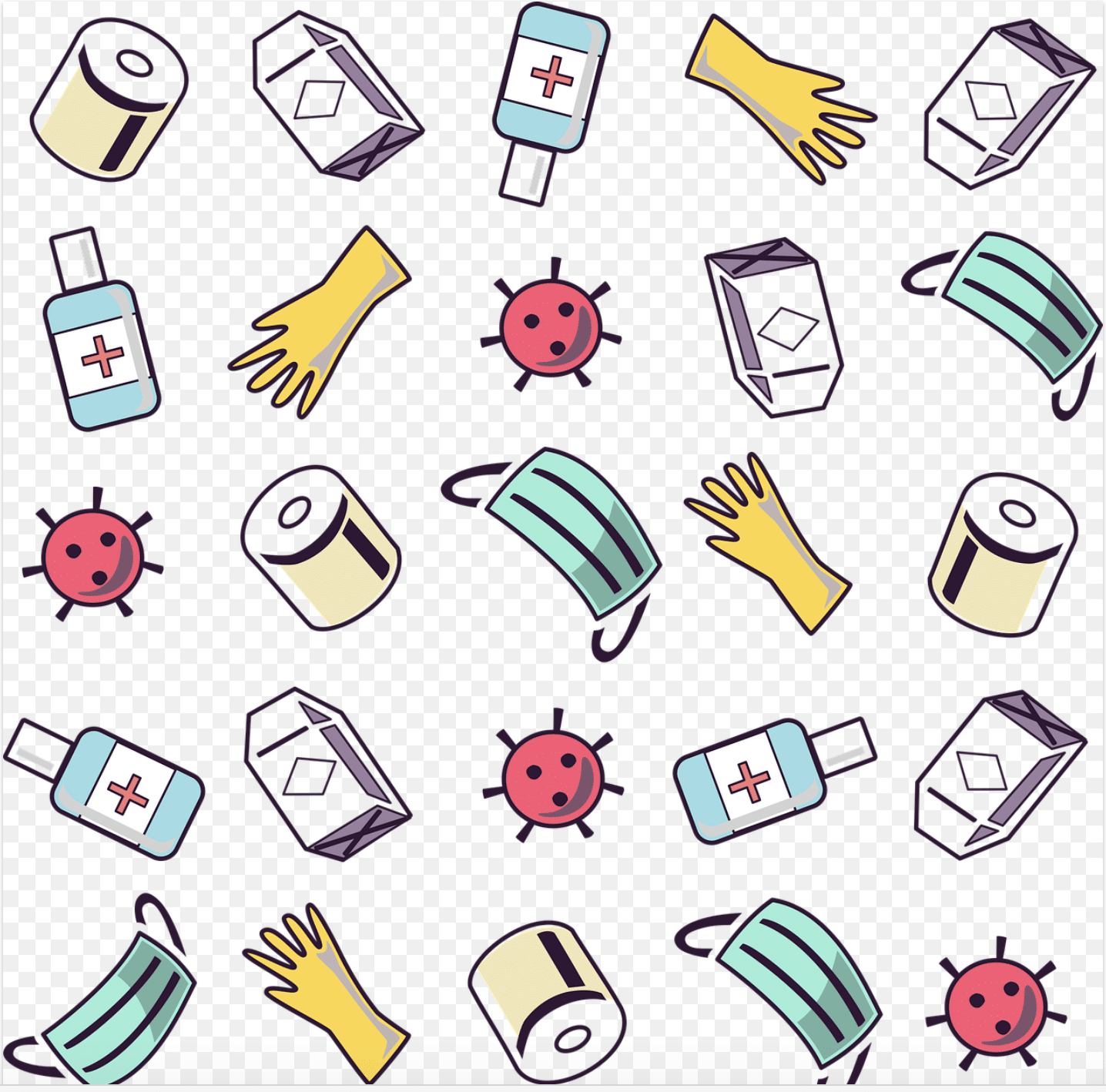In March 2020, the World Health Organization (WHO) declared the novel coronavirus, SARS-CoV-2, a global pandemic. As of the original writing of this blog post (March 24th), according to the WHO there are worldwide 334,000+ cases, just under 15,000 deaths, and 190 countries affected by the pandemic. By April 22, according to data from Johns Hopkins University, there are now 2,623,415 confirmed global cases, and global deaths of 183,027 people. Most cases reported are from the United States (839,675), Spain (208,389), Italy (187,327), France (157,125), and Germany (150,648).
The new coronavirus likely originated in the markets of Wuhan, China where exotic and varied types of animals are kept in close quarters in sometimes unsanitary conditions. Like SARS, swine flu, avian flu, the most likely origination of coronavirus is a slight viral mutation that allowed it to jump from one animal species to humans, what is termed a “spillover event.” Although the originating animal reservoir has not been definitively identified for SARS-CoV-2, genomic investigations point to bats as the original animal species to carry this coronavirus.
According to the National Institutes of Health (NIH), coronaviruses is a large and varied group of viruses. They mainly manifest clinically as mild to moderate upper respiratory illnesses in humans. The name coronavirus derives from its microscopic appearance. Under the microscope, the virus appears to be wearing a crown of spikes.
What is so concerning about this novel coronavirus is its ability to spread from one individual to another. It is highly contagious among close contacts, and on average a coronavirus-positive individual spreads this to 2-3 other people. This level of spread leads to logarithmic (exponential) growth of virus infectivity amongst individuals.
SARS-CoV-2 leads to an acute respiratory illness termed COVID-19. There are many symptoms associated with COVID-19, but the most frequently occurring ones are fever, cough, and shortness of breath.
According to published data from Wang in JAMA 2020, Chinese patients affected by COVID-19 exhibited a wide breadth of symptoms including the following in decreasing frequency:
- Fever
- Fatigue
- Dry cough
- Anorexia (lack of appetite)
- Myalgia (muscle aches)
- Dyspnea (shortness of breath)
- Expectoration (production and spitting of sputum)
- Pharyngalgia (sore throat)
- Diarrhea
- Nausea
- Dizziness
- Headache
- Vomiting
- Abdominal pains
The incubation time of COVID-19 is somewhat debated. The average time is 5 days, with between 0-14 days possible between infection and display of symptoms. Newer reports on viral shedding from patients indicate that individuals may shed coronavirus for about 20 days, although the longest reported was 37 days. This evidence may bring into question whether a 14 day quarantine as currently recommended is long enough for some individuals. A recent news report from the CDC stated the coronavirus survived in a Princess cruise ship cabin 17 days after the ship was vacated.
Interestingly, as we learn more about COVID, we are starting to see clues as to early presentations of the disease, and subtle symptoms that might be present in asymptomatic carriers of coronavirus. According to Pan L et al, 204 patients with documented COVID-19 were historically evaluated for data and laboratory findings. This data was published in the Journal of Gastroenterology in 2020. According to the authors, GI symptoms were a presenting sign of COVID-19 in 48.5% of patients. Furthermore, the most common of these GI symptoms were anorexia/lack of appetite (83.8%) and diarrhea (29.3%). The latter should peak our interest in terms of meticulous hand hygiene following bathroom use in order to minimize virus spread through coronavirus shedding from the GI tract.
According to a recent press release by the ENT UK and British Rhinological Society, anosmia (loss of sense of smell) is a presenting sign in many mild cases of COVID-19. Therefore, it was suggested that anosmia be added to the current symptom criteria for coronavirus, and that adults with new onset loss of smell and no other symptoms should self-isolate/quarantine for seven days to reduce asymptomatic vector spread of the virus.
So what can we do here in San Diego, where cases as of March 23 surpassed 200 and our first San Diego succumbed to the disease—a 70-year-old male with unknown medical history that had recently traveled to Hawaii? There is a lot … and I have some dermatological advice to offer for the good habits we are keeping.
#1: WASH HANDS THOROUGHLY & FREQUENTLY:
Washing hands for 20 to 30 seconds thoroughly with soap removes very effectively removes coronavirus from the skin. Viruses adhere to the skin’s surface, and the detergent nature of soap lifts and neutralizes the virus from the skin. Washing with soap is more effective than hand sanitizer, but in a pinch, alcohol-based hand sanitizer is still a great adjunct to keep skin contamination with coronavirus to a minimum.
Remember also to clean surfaces that may harbor coronavirus. Here is a quick run down of how long coronavirus can persist on various surfaces:
- Airborne/aerosolized: 3 hours
- Copper: 4 hours
- Plastics: 72 hours
- Cardboard: 24 hours
- Stainless steel: 48 hours
2. #SOCIALDISTANCING:
Social distancing is hard…we as humans are inherently social creatures and crave interaction with one another. However, sheltering at home is one of the only effective means of slowing the spread of coronavirus, although the effects of self-isolation are not seen for 2-3 weeks after beginning this behavior.
This is highly effective but only works if everyone is on board. California’s Governor Gavin Newsom imposed a shelter-in-home order for the entire state. This means only essential businesses remain open, and everyone else works or remains at home. This is incredibly important to #bluntthecurve—otherwise it is estimated that as many as 100 million Americans could get infected with COVID-19 and somewhere around 1.5 million could die. This is a time for community and thinking of neighbors, families, and even strangers and how you might impact them.
3. OTHER CONSIDERATIONS:
What else can you do to stay healthy at home? Here are some tips:
- Consider zinc supplementation: zinc helps to combat viral illnesses by boosting our innate immunity. Consider an oral supplement or even Zicam an intranasal spray that contains this as an ingredient.
- Consider vitamin C: again, ascorbic acid taken orally helps to boost your immune system.
- Consider vitamin D supplementation: this fat-soluble vitamin plays a vital role in our immune function. Vitamin D supports bone growth, and has been shown to lower cancer rates. As a dermatologist, I always recommend oral supplementation and dietary sources of vitamin D rather than through UV-exposure. Former CDC Chief Dr. Tom Frieden recommended making sure that individuals are not vitamin D deficient in the wake of the coronavirus pandemic.
- Mind your diet and get regular exercise: an anti-inflammatory diet rich in colored fruits and vegetables help to boost immunity, and regular aerobic exercise and maintaining daily habits help to reduce stress cortisol levels and protect our immune surveillance.
- From a dermatologic perspective, keep in mind to keep skin moisturized, especially hands as we up the ante on hand hygiene. Choose a moisturizer that contains ceramide-3, natural moisturizing factor, triglycerides, glycerin, cholesterol, and squalane. Click on this link to a recent article in Buzzfeed in which I provided tips on how to protect hands during the coronavirus outbreak.
Be safe, be healthy, and please let us know if you have any dermatological needs during this COVID-19 crisis by contacting us at 858.792.7546 or through email at info@artofskinmd.com.

